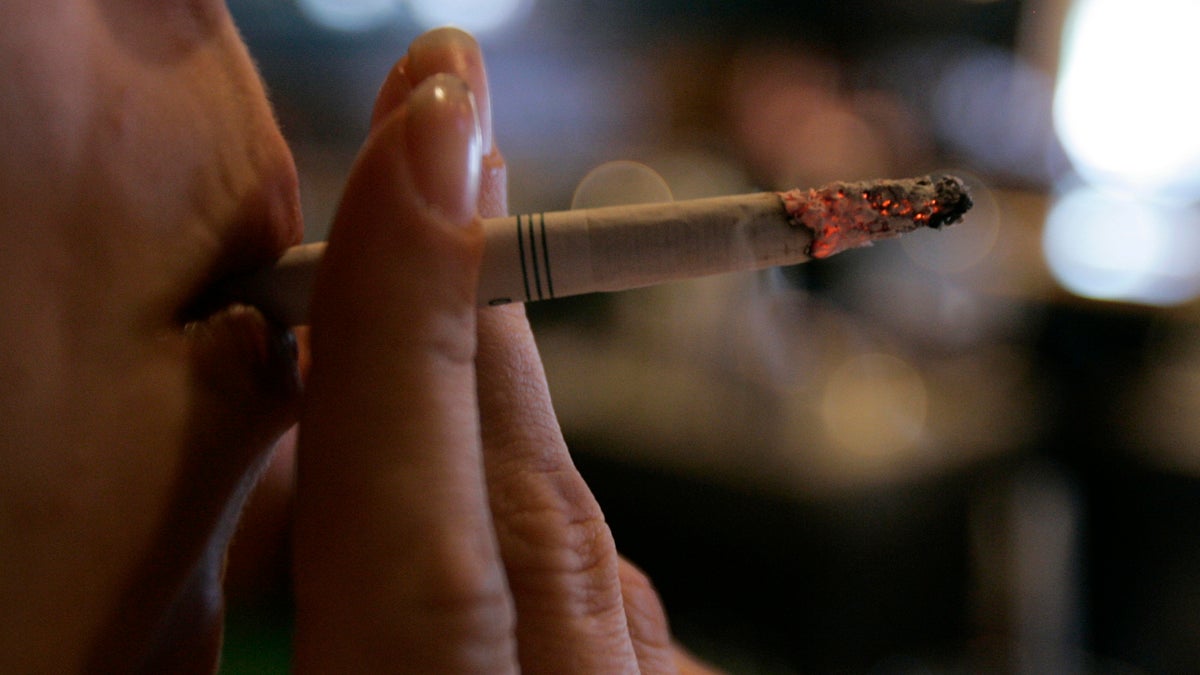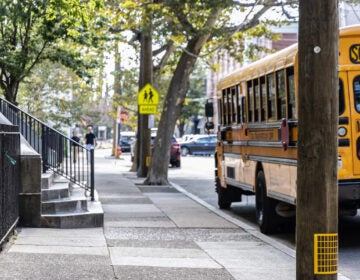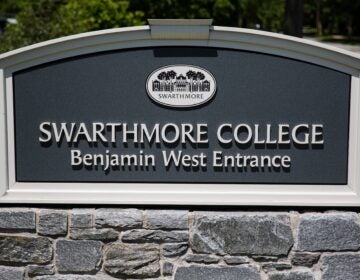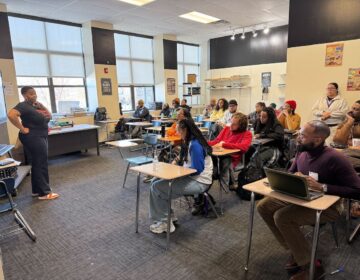Pa. House’s ‘clean’ cigarette-tax bill retains controversial charter element
Listen
(AP, file)
The Pennsylvania House of Representatives stripped contentious provisions from the Philadelphia cigarette-tax authorization bill in a rules committee meeting Tuesday, paving the way for a full chamber vote.
House leadership says that could occur either Wednesday or Monday.
The Philadelphia School District is counting on revenue from the $2-per-pack city-only-cigarette tax to begin flowing in the next few weeks to prevent more than 1,000 layoffs.
Assuming an Oct. 1 implementation, the district expects the tax will generate $49 million this school year.
If passed, the legislation would still require approval by the Senate. But Gov. Tom Corbett has pledged to sign it.
On Tuesday, House lawmakers removed two provisions from the omnibus legislation that leaders have opposed for months — one allowing certain counties to increase hotel taxes, and another expanding access to the state’s community revitalization improvement zone program.
The Senate leadership has championed both, causing the disagreement that derailed cigarette-tax passage in July.
The key question now is, assuming the House passes the bill, will the Senate give its blessing? Or will it amend the bill further, perpetuating the bill’s bruising trip through the legislative pinball machine?
Despite the promise of a “clean bill,” the House Rules Committee allowed a controversial charter appeals amendment from Rep. John Taylor, R-Philadelphia to remain attached.
Charter amendment a sweetener for GOP, says Taylor
This amendment – which would make it easier to create a new charter school in Philadelphia – was added in a last-minute maneuver when the House originally passed the cigarette-tax bill on July 2.
It allows new charter applicants to petition the state Charter Appeals Board (CAB) if they are rejected by the Philadelphia School Reform Commission.
Currently, appeals in Philadelphia are the sole purview of the SRC, which received an exemption from the CAB process in the state-takeover legislation of 2001.
The district hasn’t invited applications for new charters since 2009. Taylor’s amendment would require the district to accept applications annually, like other districts in the state.
Onlookers worry the appeals change will undercut the school district’s ability to manage charter growth, and thus cause already costly charter payments to grow exponentially.
In an interview in July, Taylor said adding that element to the bill was crucial in corralling more Republican support.
“It was another reason that a member that wasn’t from Philly that would be subject to criticism for making a ‘tax vote’ would [be able to] vote for it,” he said.
Philadelphia School District officials refused to comment on how this change could impact future budgets.
Despite its unwillingness to respond Tuesday, the district’s record speaks volumes.
It instituted a moratorium on new charter growth in 2009, citing the need to manage costs.
The moratorium hasn’t included the Renaissance initiative, in which the district asks charters to take over schools serving all children who reside within defined neighborhood boundaries; 21 such schools currently exist in the city.
The district has said that it loses $7,000 in stranded costs when a student migrates from a district school to a charter school.
Taylor said the lack of independent charter growth has been harmful to his Northeast Philadelphia constituents – denying them better educational opportunities.
District backed into another financial corner
Traditional public education advocates worry that the amendment could haunt the district in the long run.
“The problem is that [House lawmakers] should be running a clean bill, and instead they’re running a bill that with one hand is giving and with the other hand is taking away,” said David Lapp, staff attorney with the Education Law Center. “It’s forcing the district to open more charter schools and incur even greater expenses.”
“Time is only going to tell,” he said, “whether the short-term benefits will outweigh the long term costs.”
The state Charter Appeals Board is made up of six gubernatorial appointees in addition to the secretary of education.
Appointees serve four year terms.
Legislation that recently passed the Senate (SB 1085) would expand the CAB to include two new members: a charter school board member and a charter school administrator.
In a July interview, Lapp worried that the CAB wouldn’t have Philadelphia’s best interests at heart.
“We can again expect greater expansion of additional poorly operated charter schools that under-serve vulnerable students,” he said. “Without additional state financial support, the cost of this expansion could swallow up the modest gains from the cigarette tax.”
Spokesman for House Republicans Steven Miskin said he hasn’t heard any lawmakers in Harrisburg making this complaint.
“It just gives what’s allowed in 499 other districts. Nothing more, nothing less,” said Miskin. “Right now there’s absolutely no appeal process [in Philadelphia].”
A spokesman for Senate Republicans wouldn’t comment on specifics until the House takes definitive action.
If the House passes the cigarette-tax bill Wednesday, the Senate will again debate the measure Monday.
WHYY is your source for fact-based, in-depth journalism and information. As a nonprofit organization, we rely on financial support from readers like you. Please give today.





